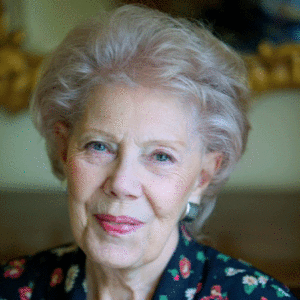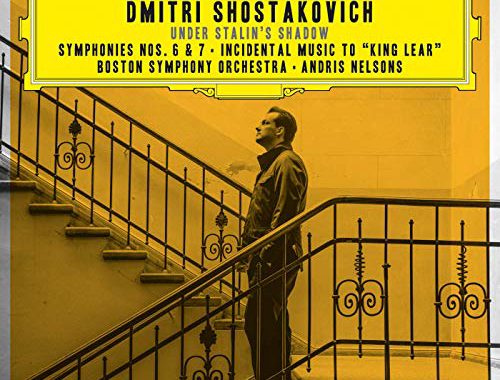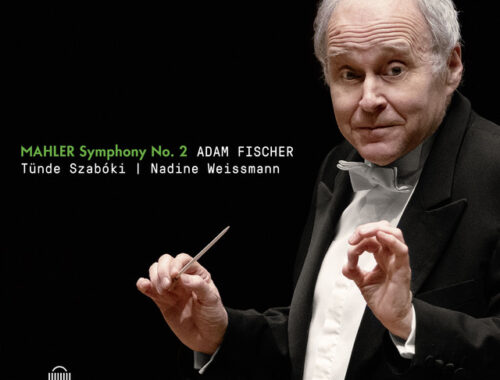GRAMOPHONE Review: Bartók Duke Bluebeard’s Castle – Helsinki Philharmonic Orchestra/Mälkki
 Out of the darkness, a voice (Géza Szilvay), a whispered invitation to enter the darkest recesses of Duke Bluebeard’s mind. That spoken introduction to Bartok’s operatic masterpiece – quiet and confidential – invokes solitude and nothing but solitude and is confirmation, if such were needed, that the opera’s best productions are played out in the theatre of our imaginations.
Out of the darkness, a voice (Géza Szilvay), a whispered invitation to enter the darkest recesses of Duke Bluebeard’s mind. That spoken introduction to Bartok’s operatic masterpiece – quiet and confidential – invokes solitude and nothing but solitude and is confirmation, if such were needed, that the opera’s best productions are played out in the theatre of our imaginations.
The aural imagery of the piece is extraordinary. Bartók’s orchestra is the mise-en-scene of any performance and it excites me to welcome a new recording which doesn’t pale at the memory of the classic version that I came of age with – that of the late lamented Istvan Kertesz. Susanna Mälkki is the conductor here and she seems to know instinctively when to unobtrusively tighten the emotional screw and when to step back and simply let us take in Bartok’s flabbergasting orchestral canvas. Pacing and phrasing are exemplary and she and the marvellous Helsinki Philharmonic Orchestra capture not just the surrealistic colour and light (or absence of it) of what lies behind the seven ‘doors’ of Bluebeard’s castle but more importantly the all-pervasive ‘ache’ of the score as communicated in part through those limpid and eternal clarinet melismas.
Her soloists – the Hungarian mezzo Szilvia Vörös and Finnish bass Mika Kares – are exceptional, relishing the music and drama of the language and the ever darkening subtext in a way that rightly leaves so much unsaid. The intonation of both singing actors is painfully true which in itself creates an indefinable inner-tension. Kares conveys so touchingly the man who longs to turn a new page but cannot escape the ghosts of his past. There is that extraordinary moment relatively early in the score where Bluebeard asks why she needs to open all the doors (the portals to his soul) and her reply ‘Because I love you’ is echoed with great poignancy in the strings. The heartbreak is tangible.
But those colours. The wafting perfumes and whirring insects of Bluebeard’s garden and the organ-buttressed blast of C major which floods it with light as the all-too-brief glimpse of his domains – the free spirit he longs to be – is laid out before us. Mälkki really makes the prologued silences punctuating this sequence speak volumes. Then there is the Lake of Tears eddying with unfathomable sadness.
The penultimate climax which follows truly feels like the point of no return and moving forward the thunder of trombones as Judith joins the other wives in an eternity of solitude is in every sense the closing of that final door. Between them both is Bluebeard’s moving ariosa ‘The first I found at dawn’ – beautifully sung here by Kares – which for me is the emotional heart of the score, music at once of such longing and such regret. Highly recommended.




